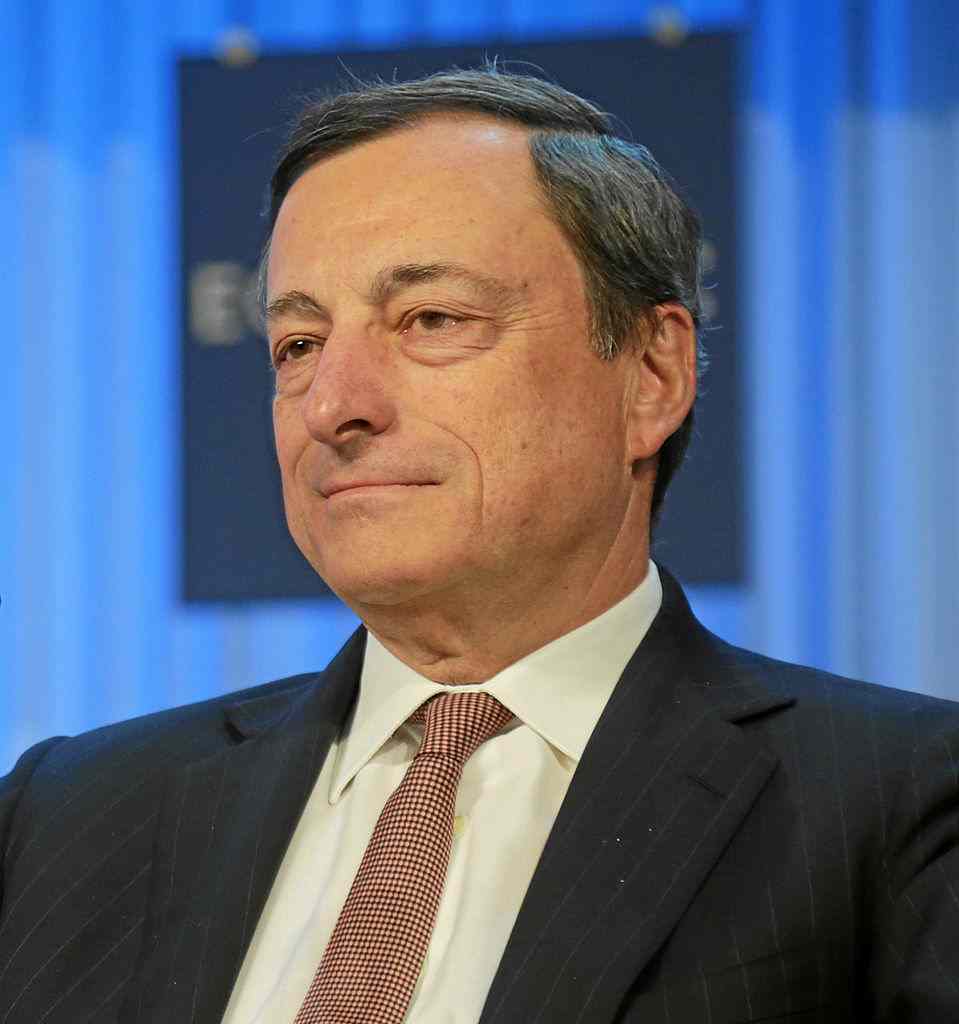In one of his most famous speeches, recently retired Chairman of the US Federal Reserve, Ben Bernanke, set out how he would ensure deflation did not take hold in the US economy. The remarks to the National Economists Club in Washington DC were titled ‘Deflation: Making sure ‘it’ doesn’t happen here’.
The speech, which compared the remedy of sweeping tax cuts and open market purchases of assets to Milton Friedman’s helicopter drop of money, led him to be dubbed ‘Helicopter Ben’. The speech, which at the time was addressing the low rates of inflation in the US at the time, actually proved to be prescient and many of the policies set out were implemented in the aftermath of the global financial crisis.
Nearly twelve years after this landmark speech and five and half years after ‘Lehman Day’ is the European Central Bank (ECB) both ignoring Bernanke’s sage words and risking a debilitating debt deflation in the euro area?
Inflation in the euro zone is close to the bottom of the range of historic outcomes available from Eurostat. What then were the factors behind such a sharp and sudden change in euro-zone inflation relative to forecast just a few months previously? According to the report by Investec Asset Management, it is energy that has been driving inflation lower in recent months and, in particular, the base effect from 2012’s large increases, when energy prices were increasing at between 8% and 9%.
However, this is not the entire story. When disaggregating the data into the underlying countries that make up the euro zone, it becomes immediately clear that the peripheral euro-zone countries are flirting with outright deflation, whereas the more solid core countries are comfortably within historical norms.
This, of course, is a direct result of the structural adjustments the stressed euro-zone countries are undertaking without the traditional remedy of currency devaluation. This so-called internal devaluation has seen wages, consumption and government spending slashed. Ben Bernanke would not have been surprised by the flirtation with deflation in the periphery as he made clear in his 2002 speech: “deflation is in almost all cases a side effect of a collapse in aggregate demand – a drop in spending so severe that producers must cut prices on an ongoing basis in order to find buyers.”
What would Dr Bernanke prescribe?
ECB President Draghi believes Europe will not slip into sustained deflation and has only adopted one of Bernanke’s five measures to avoid deflation.
In his 2002 speech, Bernanke noted that, in the first instance, it was necessary for central banks to preserve a buffer zone, which reduces the risk that “a large, unanticipated drop in aggregate demand will drive the economy far enough into deflationary territory.” There can be little doubt the euro-zone crisis qualifies as large and unanticipated and so it’s too late for buffer maintenance. The table sets out the ex-Chairman’s other recommendations and Investec’s view of whether or not they have been adopted by the ECB.
Investec is concerned that the euro zone is in a fundamentally dis-inflationary environment. At present deflation is concentrated in a limited number of periphery euro-zone countries rather than the core. If it spreads, deflationary alarm bells will start to ring more loudly.
In this environment, Investec prefers German bunds and is underweight in Italy and Spain, and it has a preference for European equities over US equities on valuation grounds.
You may access the full report through this link.





